No products in the cart.
Chikoo tree (Manilkara Zapota) is a high valued ornamental tree.
- Manilkara Zapota commonly known as Chikoo trees are long-living evergreen trees. These are cultivated for their edible sweet fruits. With its native origin to Central America, Mexico & West Indies, but find its wide distribution throughout Southeast Asian countries. Chikoo trees have a tendency to grow about 5 – 20 m tall when cultivated at your home garden. This tree consists of glossy medium green leaves, which are alternate, elliptic to ovate with an entire margin. Manilkara Zapota also blooms inconspicuously with white flowers, that are of bell-like, with a six-lobed corolla. And the fruit that it bears is somewhat like a large berry (4 – 8 cm in diameter) with its colour turning from a pale yellow to an earthy brown as it gets ripened. With their attractive appearance and easy to care conditions, these trees are excellent for ground cover or other relevant ornamental purposes.
Chikoo trees are easy to care for.
- They perform well when kept in presence of partial shade to full shade. At least daily 5 to 6 hours of full sunlight is necessary. Water them abundantly especially during dry or summer seasons, and gradually reduce it as winter shows up. The soil on which they are supposed to be planted must be well-drained. Ideal temperature to ensure their healthy growth is 12 to 36 degree Celsius. In terms of feeding, use any organic fertilizers.
The Chikoo tree is widely known for sweet fruit that it bears.
- They are mainly cultivated for their edible sweet fruits. That is widely distributed throughout Southeast Asia. The fruit that it bears is known as Sapota, which are very sweet when fully ripe. Mostly consumed as dessert fruit as its pulp is melting and sweet. The fruits may also come in use in making ice-creams, beverages, butter or jams. They can also be made into preserves which in turn could be used as a flavour. Even wine or vinegar can be prepared by these fruits.
It also consists of Medicinal values too.
- Chikoo tree (Manilkara Zapota) fruits have already made their trace on Ayurvedic treatments. These plants are the vital source of saponin. In traditional treatments, they have come into many uses, like their leaf tea is used to treat wounds, fevers and ulcers. Their seeds are antipyretic and flowers have been known for being used in Indonesian folk treatments in dealing with child births. And in Cambodia, the tannin from its bark has been used to cure fever and diarrhoea.
Additional information
| Choose Height | 1.0m – 1.5m, 1.8m-2m, 2.5M-3M, 60cm-80cm |
|---|

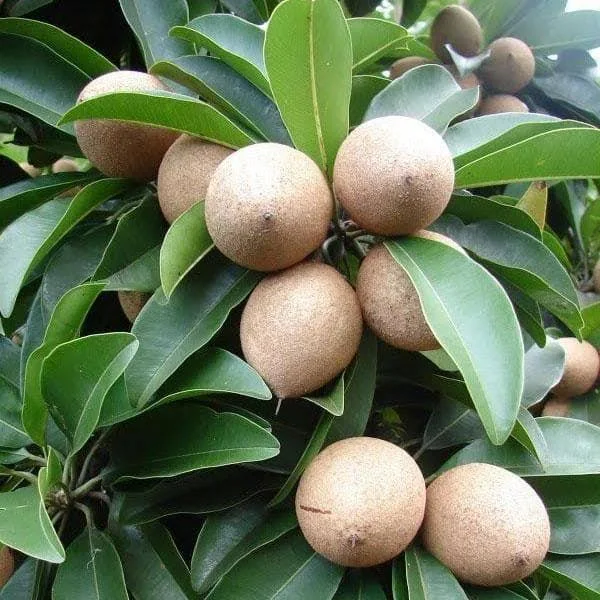

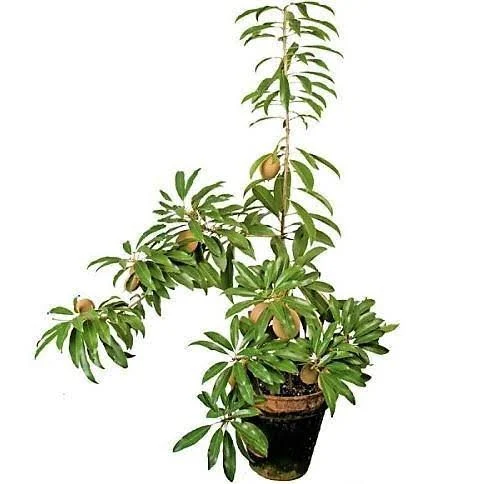









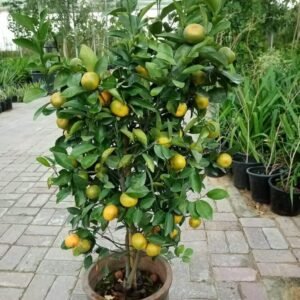

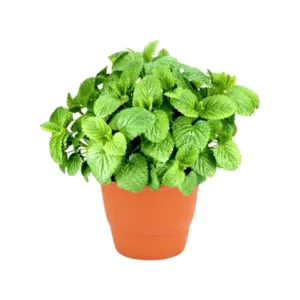
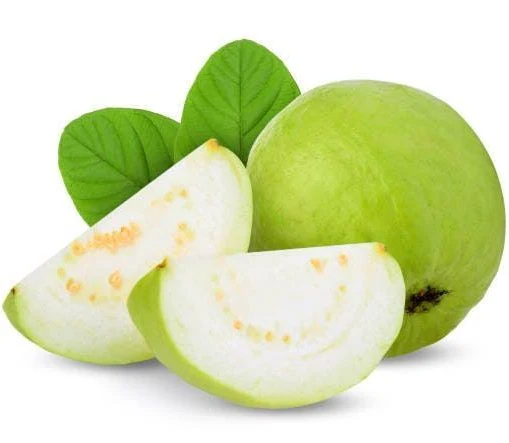
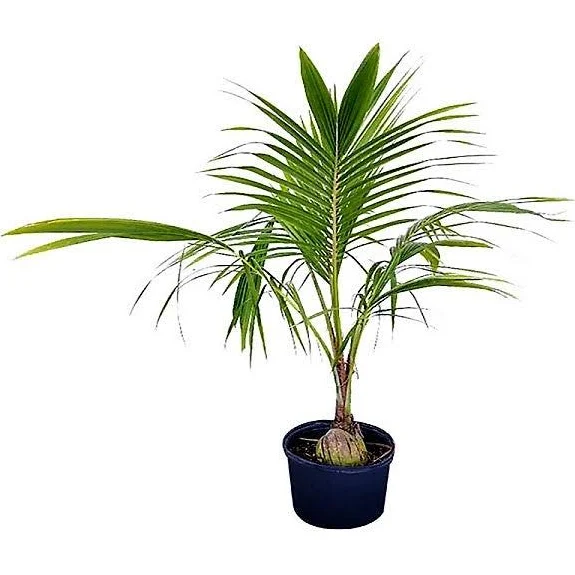

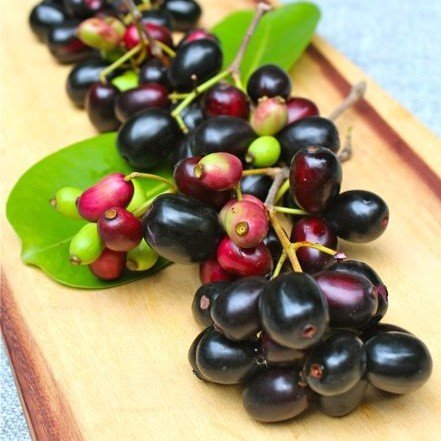


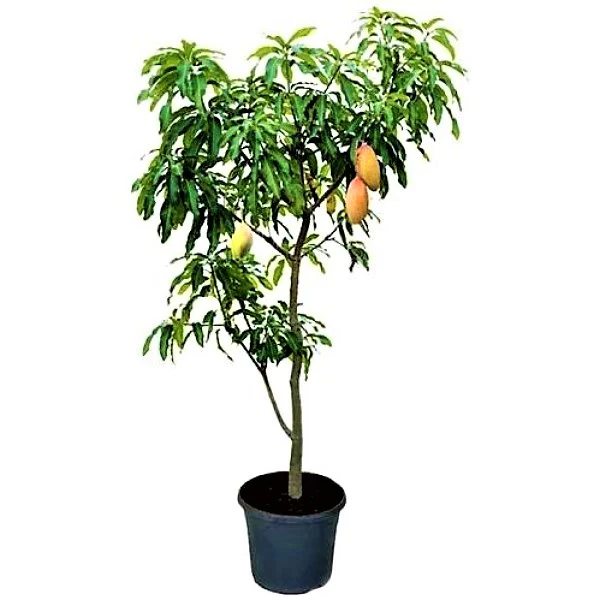
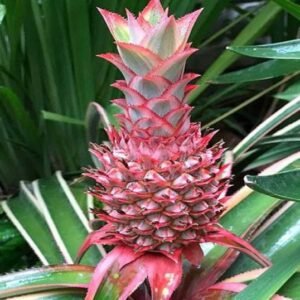
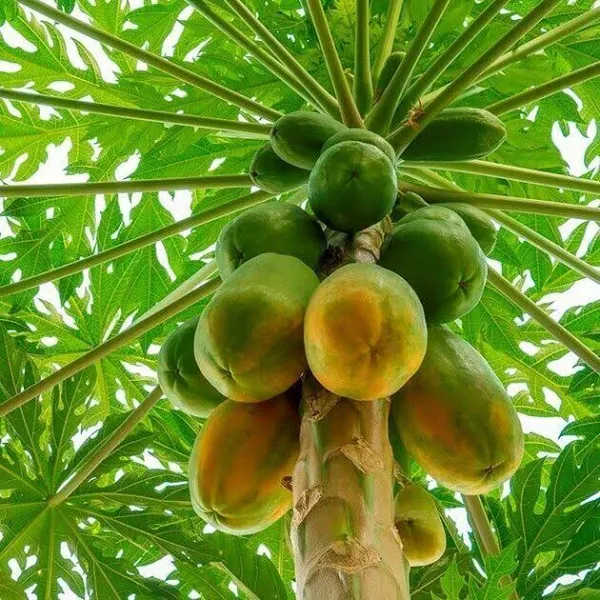


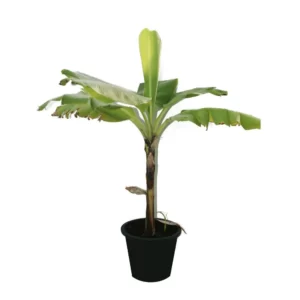



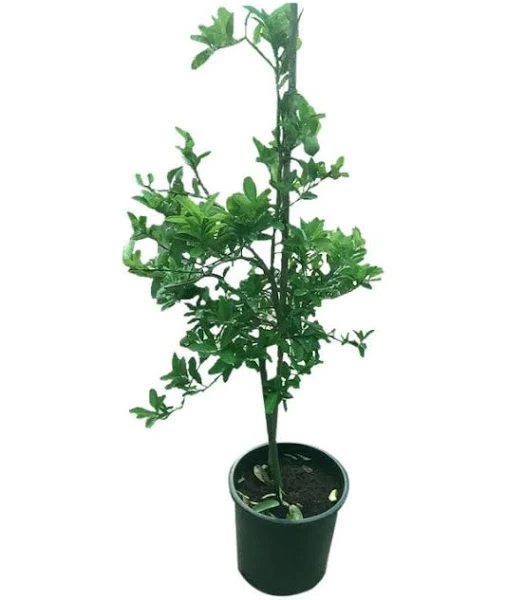
Reviews
There are no reviews yet.